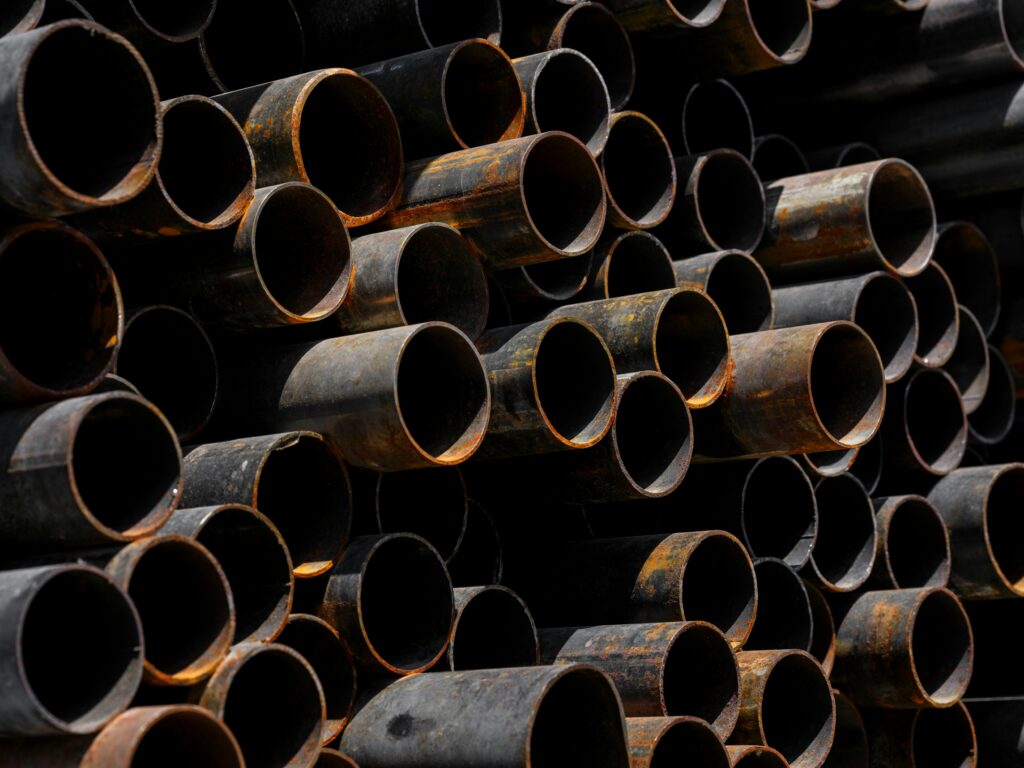Thyssenkrupp Steel Europe (TKSE), Germany’s largest steel producer, plans to cut 11,000 jobs by 2030. The reduction includes 5,000 direct job cuts and 6,000 positions through outsourcing or business unit sales. These measures aim to reduce the workforce by 40%, down from 27,000 employees.
Industry Challenges Push Restructuring
Germany’s steel industry faces growing challenges, and Thyssenkrupp is feeling the strain. Intense competition from low-cost Asian producers, rising energy costs, and a slowing global economy have worsened the company’s financial position. Thyssenkrupp reported losses in all but one of the past five years.
In its announcement, the company stressed the urgency of these changes. “We must take immediate action to improve productivity and efficiency,” Thyssenkrupp said. To align with market demands, it plans to reduce annual steel production from 11.5 million tons to between 8.7 and 9 million tons.
Targeted Plant Closures and Asset Sales
The restructuring plan will impact key facilities. Thyssenkrupp will close the Kreuztal-Eichen plant and may sell the Hüttenwerke Krupp Mannesmann (HKM) plant in Duisburg. If no buyer emerges for HKM, Thyssenkrupp may negotiate closure scenarios with other stakeholders.
These actions follow a €1 billion write-down in November, which reflected worsening market conditions. The company cited the steel sector’s declining prospects as the main reason for this adjustment, emphasizing the need to stabilize its finances.
Unions Respond with Fierce Opposition
Labor unions, particularly IG Metall, have strongly opposed the job cuts. Knut Giesler, the union’s regional leader for North Rhine-Westphalia, vowed to fight the plan. “We will fiercely resist any attempt to cut over 11,000 jobs and shut down facilities,” he stated.
Unions are demanding socially responsible alternatives and plan to organize protests. Worker unrest has added pressure on Thyssenkrupp as it prepares to implement the restructuring.
A Turning Point for Thyssenkrupp and the Steel Industry
Thyssenkrupp’s plan reflects a broader crisis in Germany’s steel industry. Once a symbol of industrial strength, the sector now struggles with global competition and the rising costs of transitioning to greener energy.
The company’s ability to balance financial recovery with worker concerns will determine its future. Success in navigating these challenges will not only shape Thyssenkrupp’s trajectory but also influence the steel industry’s recovery across Germany.
